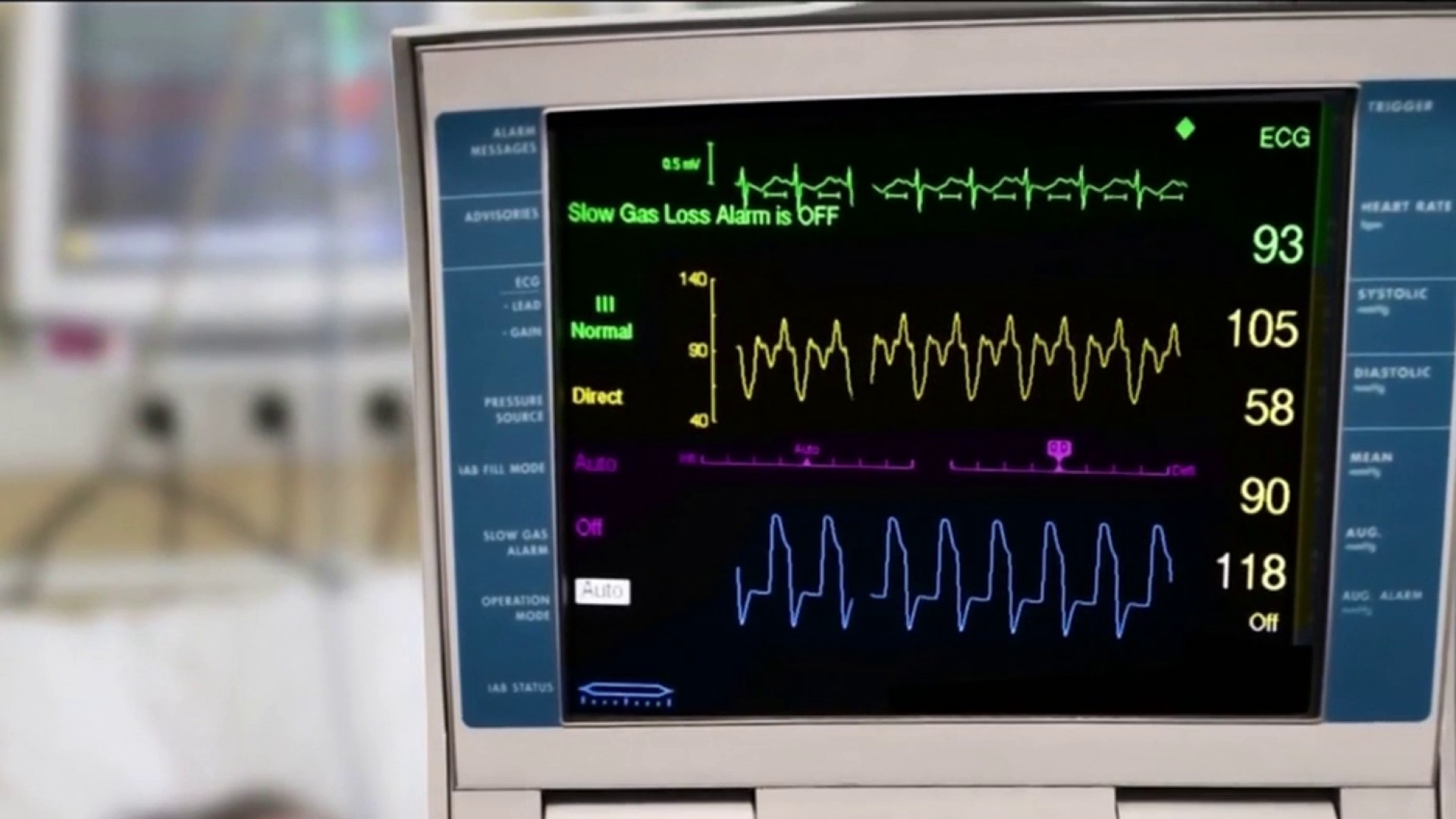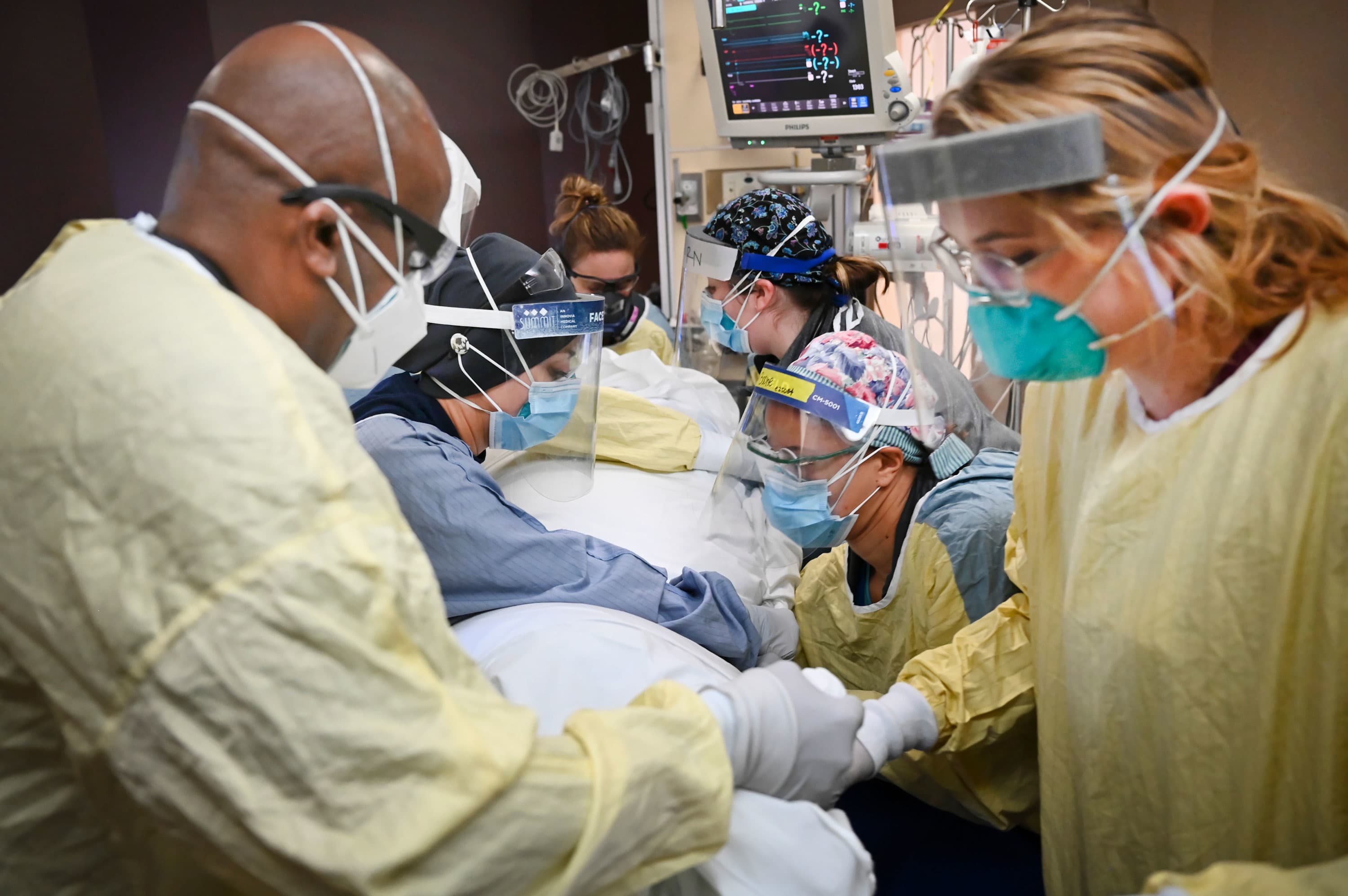Some children are suffering from lingering physical, mental and neurological symptoms months after getting COVID-19. Now, Children’s National Hospital in Washington, D.C., is studying the phenomenon and trying to help young people get some relief.
"I’m a pretty healthy kid, right. I'm 17 years old, but when I had COVID, at the height, I was 16," Messiah Rodriguez said.
Messiah is the youngest of four children, and a typical teenager who excelled in sports and academics.
We're making it easier for you to find stories that matter with our new newsletter — The 4Front. Sign up here and get news that is important for you to your inbox.
His mom says everyone in their family got COVID-19 around Thanksgiving and recovered quickly.
But 10 months later, Messiah is still struggling to feel like himself.
"My chest was hurting a lot more. I can hardly pay attention," Messiah told News4 via a video call. "My hair started falling out, also."
At times, the star athlete’s mother says he can’t get off the couch. He's crippled by pain and fatigue.
"I can see the pain on his face or I can see him holding his side or his back or when he can't get up," his mother, Kimmie Ezeike, said.
She says it’s not just his physical health. The lingering symptoms have taken a toll on Messiah’s mental health too.
"He sees a therapist weekly for the depression and anxiety," she said. "We’ve pretty much been at the doctor, if not weekly, then definitely biweekly since Thanksgiving."
Studies estimate that up to 15 percent of young people infected with the coronavirus could end up with “long COVID," which includes an array of physical, mental and neurological symptoms.
No one knows why some people will be impacted or how long the symptoms might last.
For Messiah, the hope is that the answer could be found at Children's National Hospital, where he’s getting treatment and seeing a team of specialists at the hospital's new Post-COVID Program.
"A lot of these kids are just very high functioning to begin with — athletes, star scholars — and are not able to do what they previously did and are looking for some way to get back to their baseline, back to their normal," said Dr. Alexandra Yonts, who heads the program.
Yonts says some early trends have emerged.
"Fatigue is by and away the most common symptom that is reported by individuals.
Kids also have reported a lot of issues with sleep, difficulty concentrating or that brain fog that you may hear referred to," Yonts said.
"We have a couple of kids that have had very persistent shortness of breath …
some that have had joint pain and quite a few actually that have still had loss of taste and smell, even 10 months out from their initial COVID infection," she said.
Dr. Yonts says most of the patients are older adolescents. The average age is 16, but they’ve evaluated children as young as 3.
"And the really surprising thing, which is also something we have seen in adults,
is many of them had very mild COVID infections to begin with and, in fact, may have not even realized that they were sick until they had a positive test for some other reason.
As for Messiah, he spent the summer giving his mind and body a break, taking it easy as he eases back into school for his senior year at Annapolis High School, and sharing his story to warn others of the risk.
"Even no matter how healthy you are, COVID can hit you and get you, like, really sick.
So, I think other people need to hear my story. I had COVID also and you could get it too, if you're not safe," Messiah said.
Children’s National Hospital is teaming up with NIH to study the long-term effects of the coronavirus and enrolling up to 2,000 children and young adults as part of the research.




